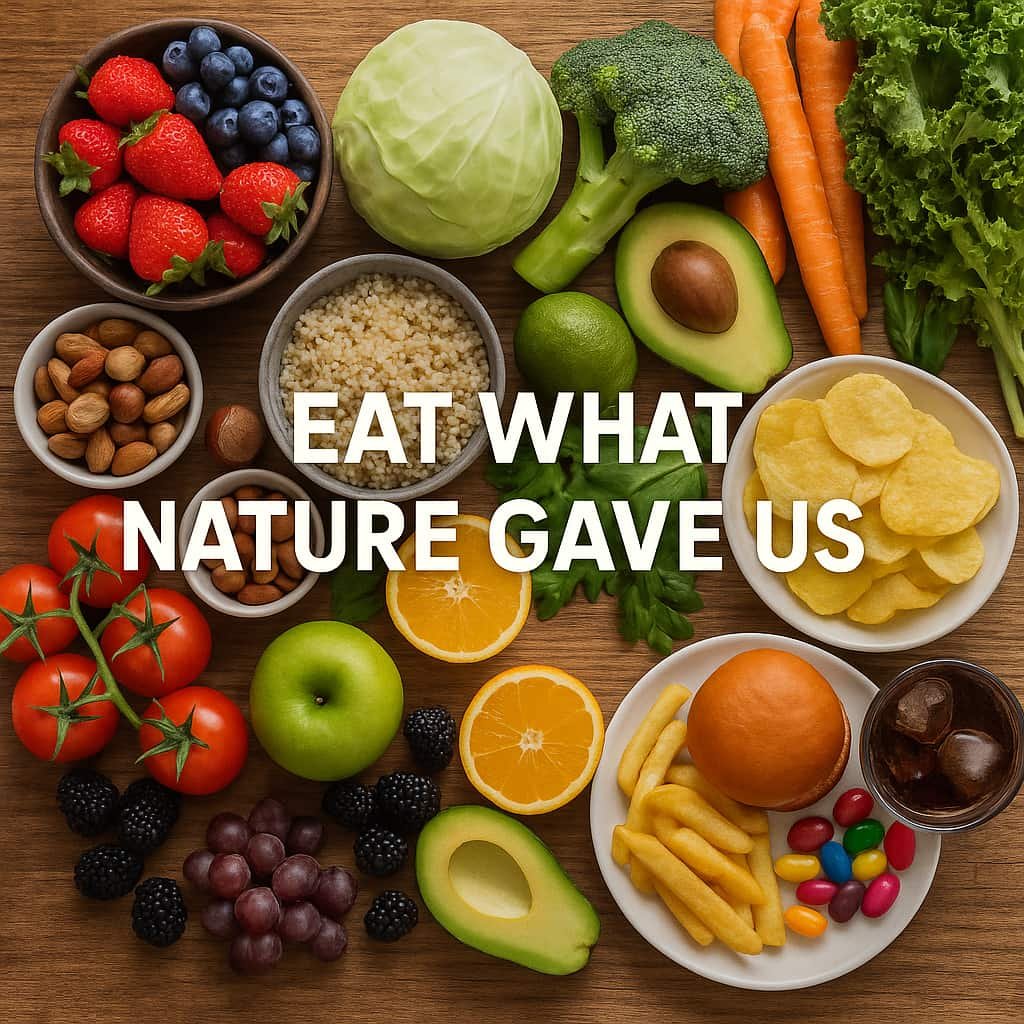Why Rapid Weight Loss Can Be Dangerous
While many people want to lose weight, rapid and unexplained weight loss is not always a good thing. Instead of being a healthy achievement, it can sometimes point to underlying health issues.
When you lose weight too quickly, your body doesn’t just burn fat — it can also lose muscle mass and essential nutrients. This imbalance can:
- Weaken your immune system
- Stress your heart and increase the risk of irregular heartbeat
- Leave you feeling constantly weak or fatigued
- Affect overall organ function
The Right Way to Lose Weight
The safest way to manage weight is through a slow and steady approach that prioritizes nutrition. Here’s how:
- Aim for balanced meals with protein, whole grains, and vegetables
- Stay hydrated and avoid crash diets
- Include regular physical activity
- Focus on lifestyle changes rather than quick fixes
This approach not only protects your heart and overall health but also ensures results that are sustainable in the long term.
When to See a Doctor
If you are losing weight suddenly without trying, it’s important not to ignore it. Unexplained weight loss may be linked to conditions like:
- Thyroid disorders
- Diabetes
- Digestive issues
- Infections
- Heart disease or other chronic illnesses
A healthcare professional can run the right tests to identify the cause and guide you toward safe treatment.
Conclusion: Listen to Your Body
Sudden, unexplained weight loss is not a victory — it’s a red flag. While intentional, gradual weight loss with proper nutrition and exercise is healthy, losing weight without effort may indicate something more serious.
Always aim for steady progress, and if you notice unexpected weight loss, consult your doctor immediately. Protecting your health is more important than chasing quick results.
In case of any related query related to nutrition or weight management book an appointment with Dt. Silky Mahajan .You can also send us a mail at info@foodsandnutrition.in or call on 7829999400. Follow us on facebook & instagram for latest updates.











